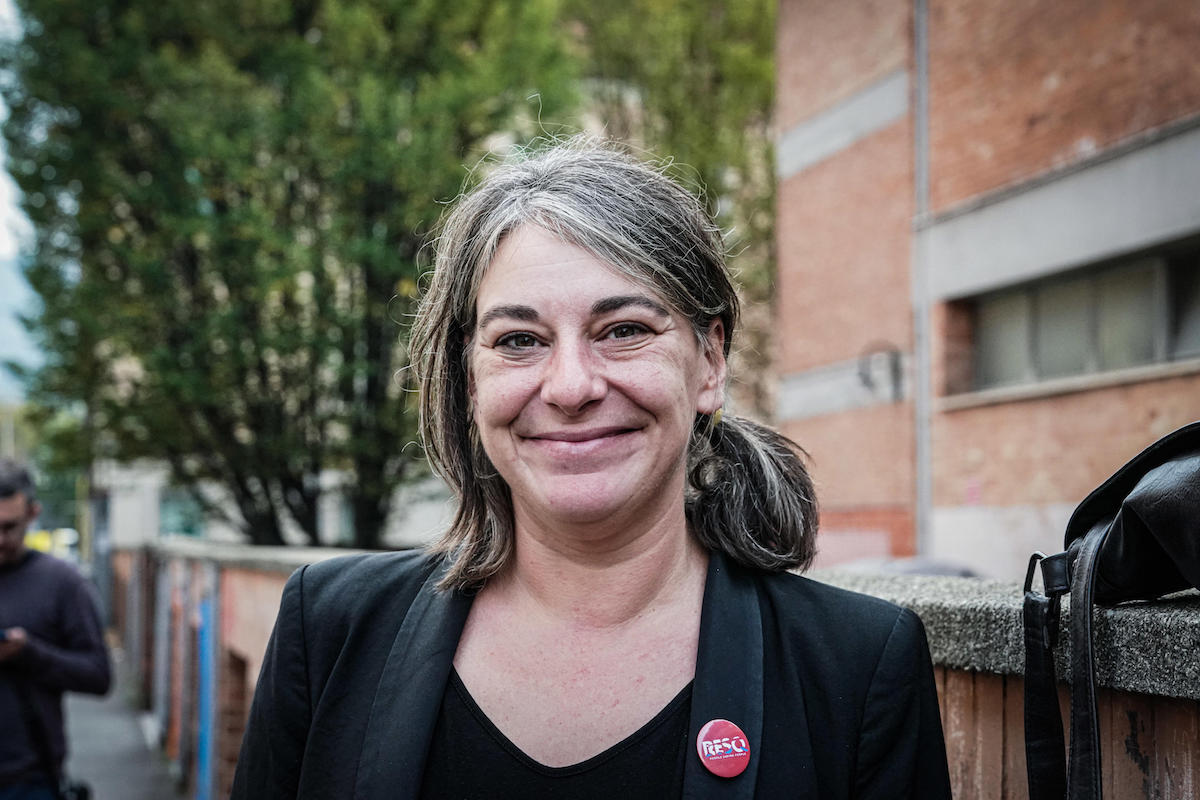Non-binary transgender people, i.e. those who identify neither as male nor female, cannot yet request a change in the registry so that the “non-binary gender” is recognised on their documents. After the Bolzano court referred back to the Consulta last February the request of a non-binary person from South Tyrol to obtain recognition of the non-binary gender on documents, the Constitutional Court has now declared the request for rectification inadmissible. However, the Court has urged Parliament to intervene at the legislative level. “The possible introduction of a third type of civil status would have a general impact,” the judges explain, and “necessarily requires systemic legislative intervention, in the various sectors of the judicial system and for the many institutions currently governed by a binary logic.” But not only that.
“It's a question of social dignity”
The Court recognizes that “the individual's perception of not belonging to either the female or the male sex – from which arises the need to be recognized in an “other” identity – generates a situation of significant discomfort in relation to the personalist principle”, recognized in Article 2 of the Constitutional Charter. Thus, “to the extent that it can induce unequal treatment or compromise the psychophysical well-being of the person, it can raise a question of respect for social dignity and protection of health”. Hence the need for the legislator to examine the subject.
The case of the 24-year-old and what the sentence entails
It all started with the case of a 24-year-old non-binary person, who had been granted the right by the Bolzano court to be indicated on documents as belonging to the third gender. However, given that the Italian law on the adjustment of the register requires a choice between female and male, the court referred the case to the Constitutional Court. With this sentence, the judges of the Consulta do not exclude that there may be an opening in this sense in the future, but they recognize that this change must start from a modification of the legislative system, currently structured in a binary perspective. Just think, the judges emphasize, of the way in which family law, labor law, sports law or the structure of prisons and hospitals are designed. Therefore, recognizing a third gender at this stage would lead to too many inconsistencies in the legislative system. However, if Parliament were to intervene, the problem could be solved.
Surgical authorization is granted if the affirmation process has already been completed
But the ruling of the Constitutional Court introduces another novelty. The judges declared unconstitutional Article 31 of Legislative Decree 150/2011 in the part where it obliges trans people to obtain judicial authorisation to access surgery. The Court highlighted how the process of gender affirmation and correction of personal data can currently be carried out through “hormonal treatments and psycho-behavioural support”, therefore even without resorting to surgical intervention. Therefore, the judge's request for authorisation for sex change surgeries, which would be carried out after the rectification already ordered, is “unreasonable”.
Translated into practical terms: now, for example, transgender people who have already undergone a hormonal and psychological process can undergo a mastectomy without the authorisation of a judge. Lawyer Alexander Schuster, who has followed the case of the 24-year-old from Bolzano from the beginning, said he was satisfied: “This is an excellent result, in line with expectations. The removal of the authorisation by the declaration of unconstitutionality does justice to a law that is now obsolete, no longer in line with the times. Parliament must act as quickly as possible. The Consulta has seen what the Court of Cassation wanted to ignore a few years ago.”


